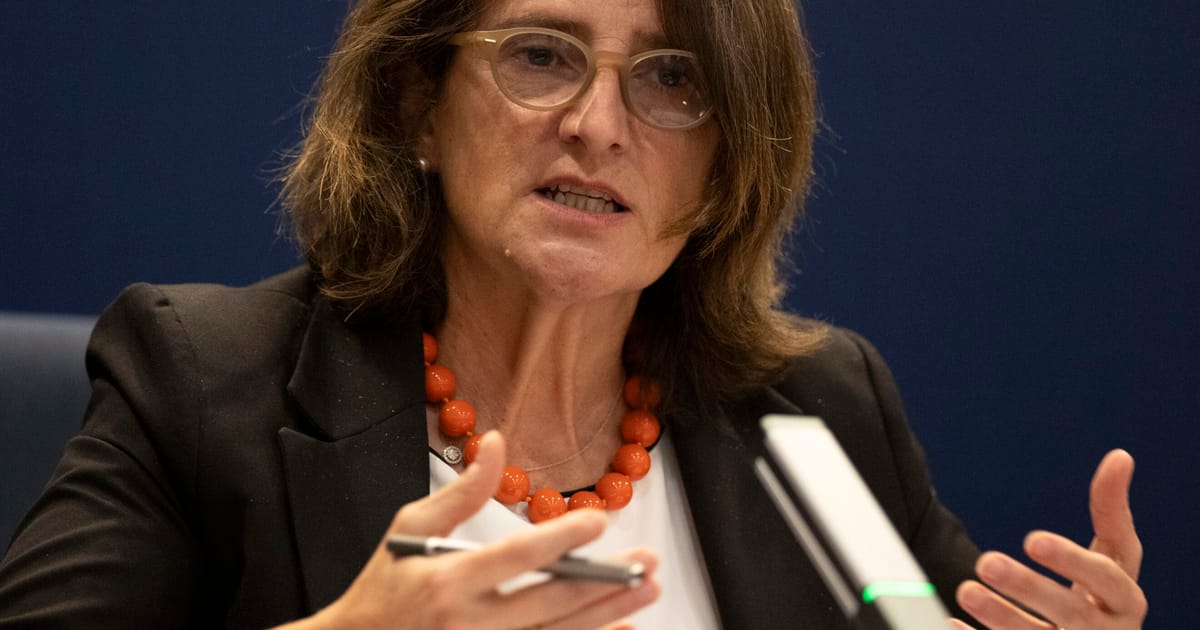

The international stage is witnessing significant shifts as countries navigate complex diplomatic scenarios, with key developments involving the European Union’s stance on the Middle East, France’s call for broader recognition of Palestinian statehood, and Taiwan’s strategic decisions concerning diplomatic visits. These events underline the ongoing challenges and opportunities in global diplomacy.
In recent times, the European Union has faced calls for increased engagement in the Middle East, particularly concerning the tensions in Israel and Gaza. European Commission’s Teresa Ribera has been vocal about the need for more decisive action from the EU, expressing concerns that history may judge the organization for its perceived inaction in the ongoing crisis. This call to action reflects a broader sentiment among some EU members who believe that a more robust response is necessary to address humanitarian and political challenges in the region.
Transitioning to France, the government has taken a proactive stance by urging countries to recognize Palestinian statehood. This move has sparked reactions on the international front, with some countries like Israel and the United States expressing their discontent. France’s push is part of a larger discourse on statehood recognition, a pivotal issue that has long been at the heart of Middle Eastern geopolitics. The French government appears committed to advocating for what it sees as a step towards greater international equity and justice, potentially reshaping diplomatic relations in the region.
Meanwhile, in Asia, Taiwan’s President Lai Ching-te has postponed his anticipated visit to Latin America, a region where Taiwan seeks to maintain and strengthen alliances. Initially, the trip was expected to enhance diplomatic ties with countries that have remained steadfast in their support of Taiwan, despite growing pressure from China. While the Taiwanese administration cites domestic issues such as natural disasters and tariff negotiations as reasons for the delay, reports suggest that the United States opposed a planned stopover in New York, adding another layer of complexity to Taiwan’s international engagement strategies. This development highlights the intricate balance Taiwan must maintain in its foreign relations, particularly with major global powers.
These developments illustrate the dynamic nature of international diplomacy, where countries constantly assess and reassess their positions and relationships on the global stage. Such diplomatic maneuvers are guided by strategic interests, historical contexts, and the shifting sands of international alliances and adversaries.
The European Union’s internal discussions on its role in the Middle East reflect a broader debate on the organization’s identity and responsibilities as a global actor. As EU leaders deliberate on potential courses of action, the emphasis remains on fostering peace and stability in a region fraught with longstanding tensions. Cooperation, humanitarian aid, and strategic diplomacy are key areas through which the EU can exert influence and contribute to a resolution.
Concurrently, France’s call for broader recognition of Palestinian statehood signifies a bold step in advocating for a more balanced approach to Middle Eastern diplomacy. This stance aligns with France’s historical commitment to advocating for peace and justice, echoing its past efforts to act as a mediator in international conflicts. France’s position may encourage other nations to reevaluate their own stances on this critical issue, potentially leading to shifts in diplomatic alignments.
In parallel, Taiwan’s diplomatic strategies underscore the complexities of its international position. The postponement of President Lai’s trip serves as a reminder of the broader geopolitical pressures Taiwan faces, particularly from China, which claims sovereignty over the island. Amidst such challenges, Taiwan continues to navigate its international relationships with careful diplomacy, seeking to uphold its interests while managing external influences.
Overall, these developments in the European Union, France, and Taiwan reflect the ongoing interplay of national interests, regional dynamics, and global diplomacy. As each player seeks to assert its role and influence, the path forward demands balance, dialogue, and a commitment to peaceful coexistence. Moving forward, the international community will continue to observe these evolving scenarios, mindful of the potential for new partnerships and the importance of sustained diplomatic efforts in fostering a stable and harmonious world order.
Source: {link}
